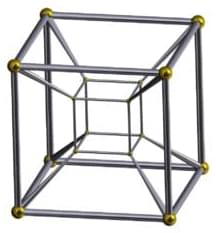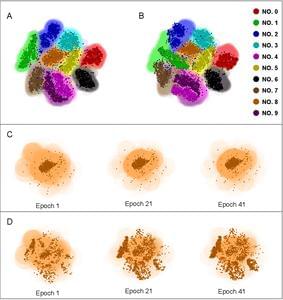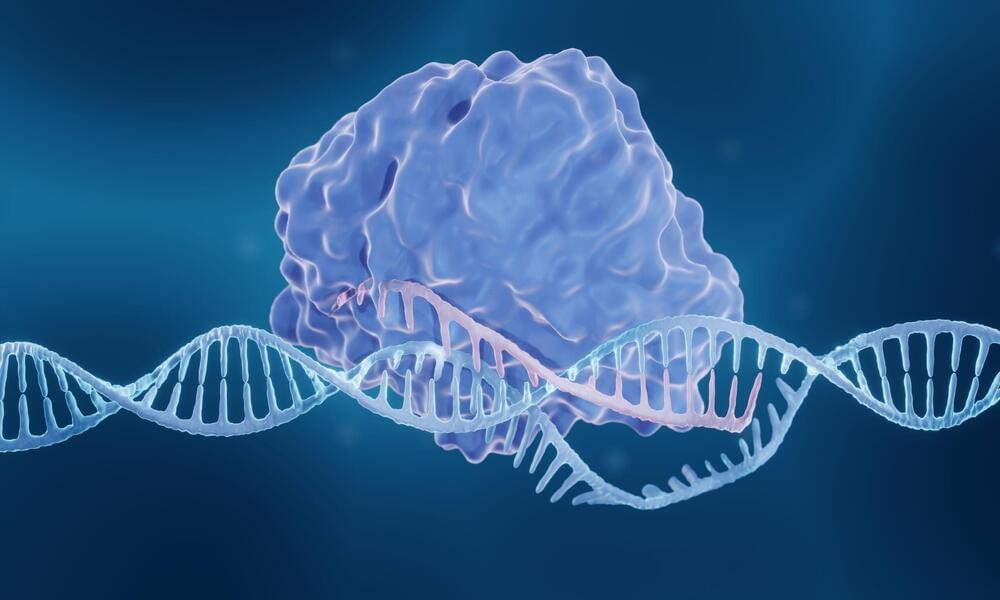This led to the creation of a “bionic eye” that uses a combination of AI and several advanced scanning techniques, including optical imaging, thermal imaging, and tomography (the technique used for CT scans), to capture differences between parts of the scrolls that were blank and those that contained ink — all without having to physically unroll them.
Where’s Plato? On April 23, team leader Graziano Ranocchia announced that the group had managed to extract about 1,000 words from a scroll titled “The History of the Academy” and that the words revealed Plato’s burial place: a private part of the garden near a shrine to the Muses.
The recovered text, which accounted for about 30% of the scroll, also revealed that Plato may have been sold into slavery between 404 and 399 BC — historians previously thought this had happened later in the philosopher’s life, around 387 BC.








